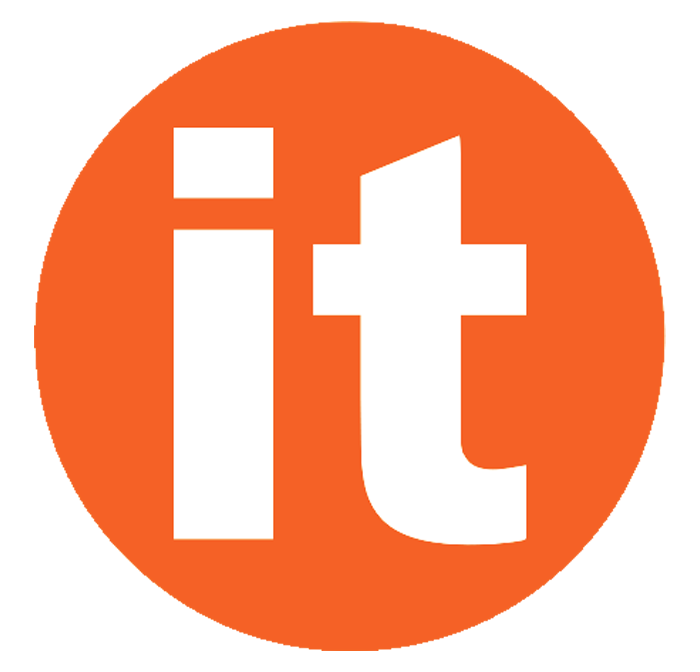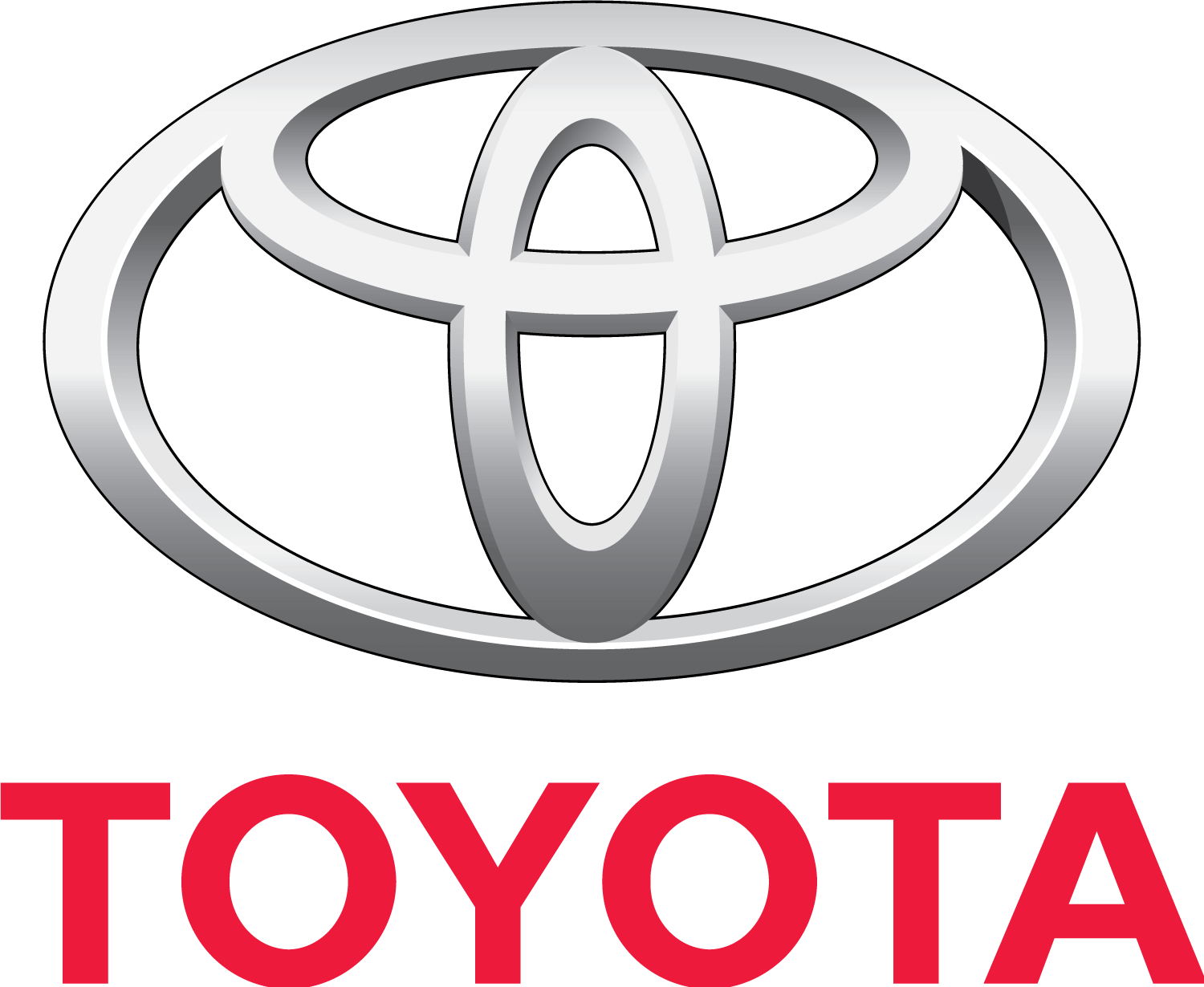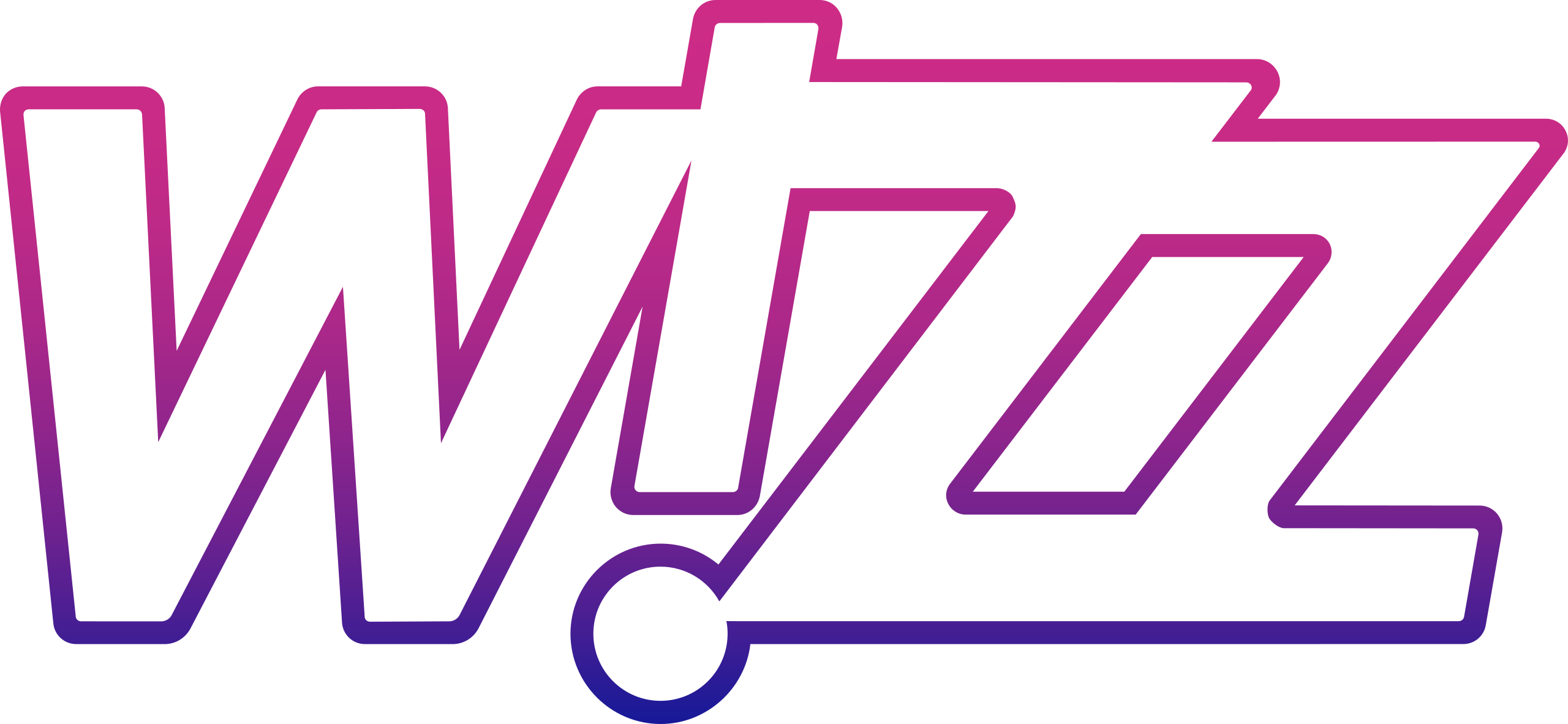Why our ERP implementation services?
Core features
3 ways to improve your business with ERP
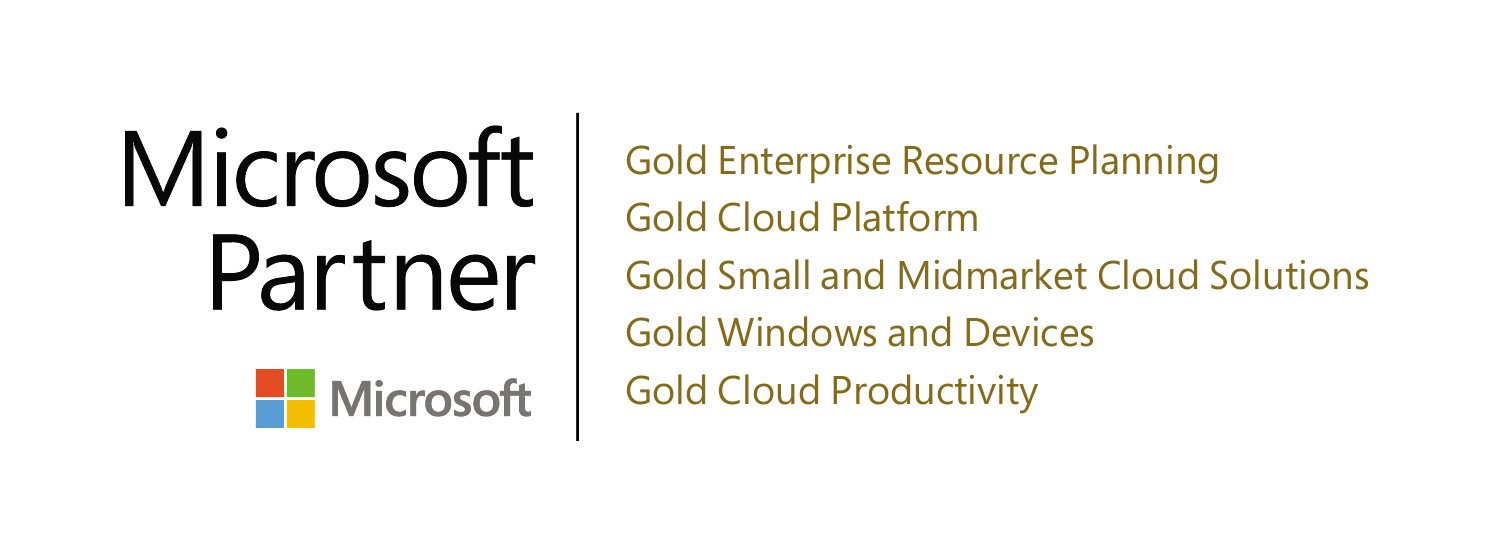
OntargIT is a consulting group focused on deployment and support of cutting-edge Microsoft cloud solutions for business based on Microsoft Dynamics 365 (ERP & CRM) and Power Platform.
ERP covers management functions used in each department, such as human resources, finance, accounting, inventory, sales, and sales, and there are products that provide production management functions as a module for manufacturers.
In addition, it has a function that puts resource-related information at the center as basic data and updates it in real time so that it can be utilized by all departments.
ERP manages all information related to in-house management resources in one place, so you can check desired information such as production status and profit and loss balance in real time. Therefore, if important figures for management are selected and visualized through the dashboard, managers can know the exact situation of their company from time to time and can use them quickly for daily management decisions.
Additionally, field staff can access the information they need across departmental walls, increasing work efficiency and speed. Let’s take an example. Consider the case where a salesperson receives an urgent order from a customer. At this time, using ERP, salespeople immediately check production and inventory management information, secure the required quantity, and notify the payment date quickly. This makes it possible to get things done quickly.
ERP technology can help you integrate your business processes in a better way. Connecting business processes, systems and data gives you the intelligence, acceleration, and adaptability you need to optimize your operations.
